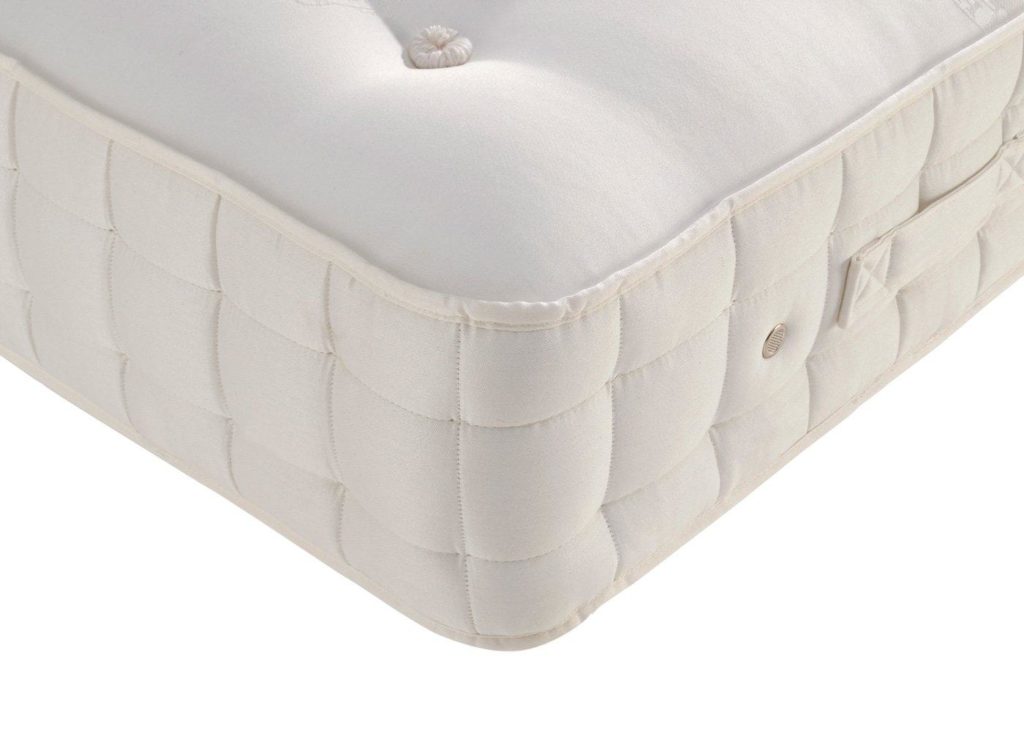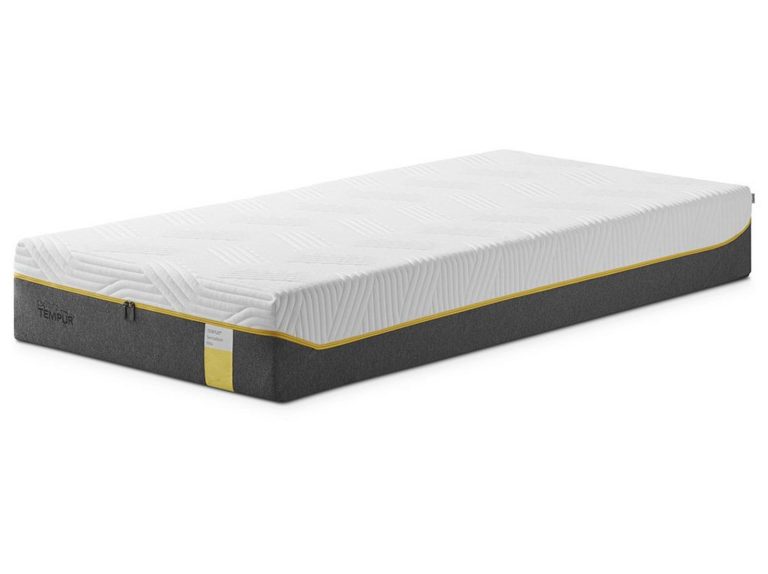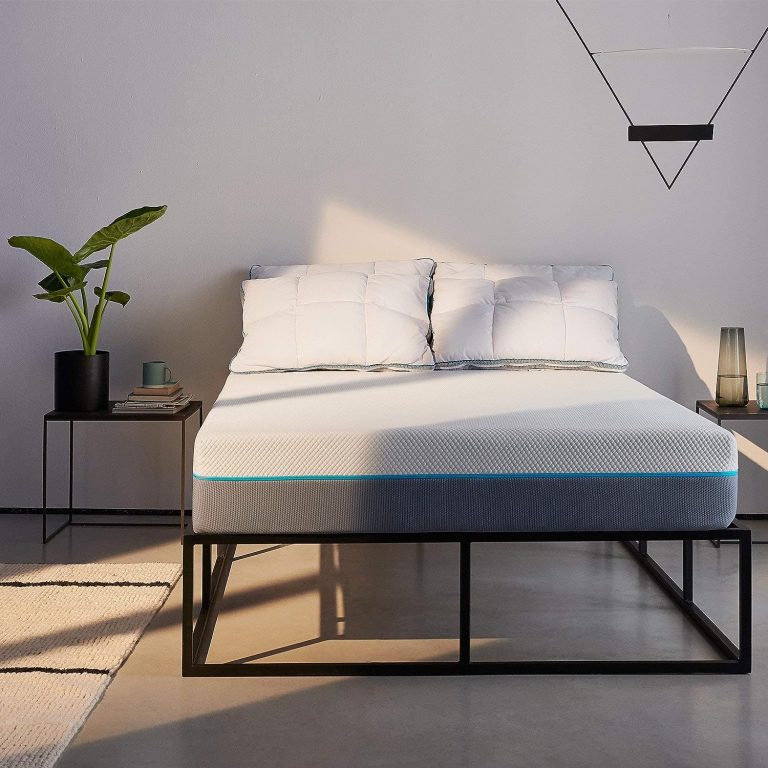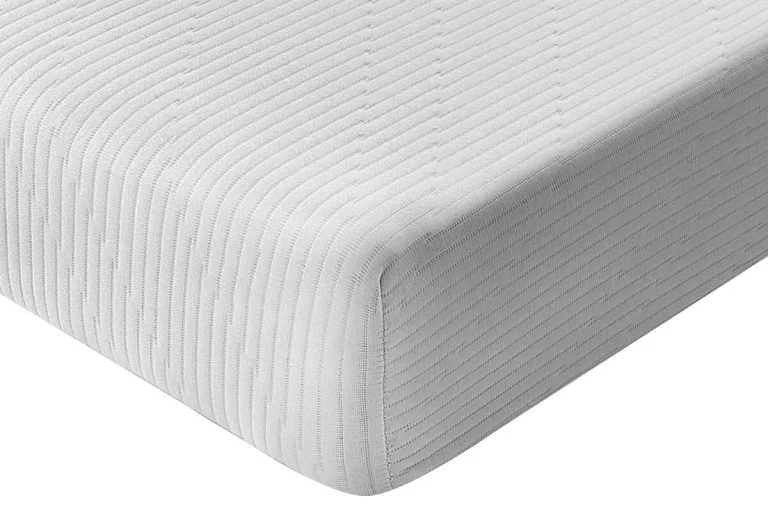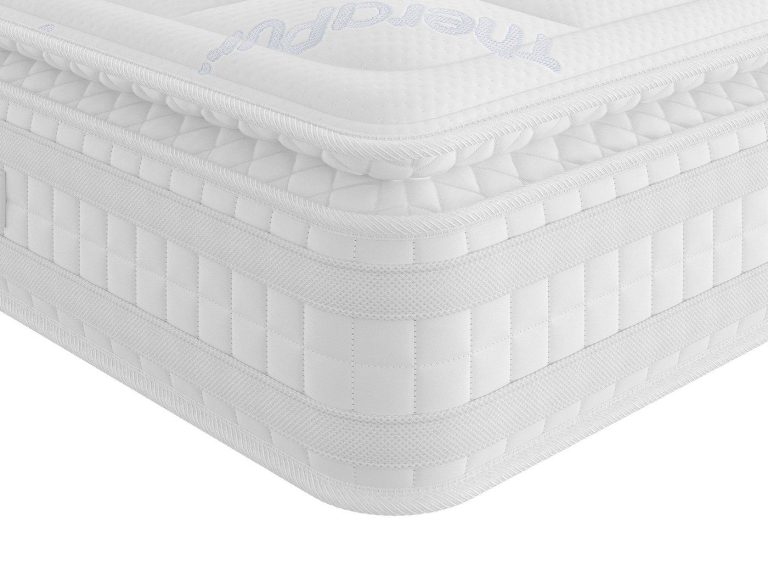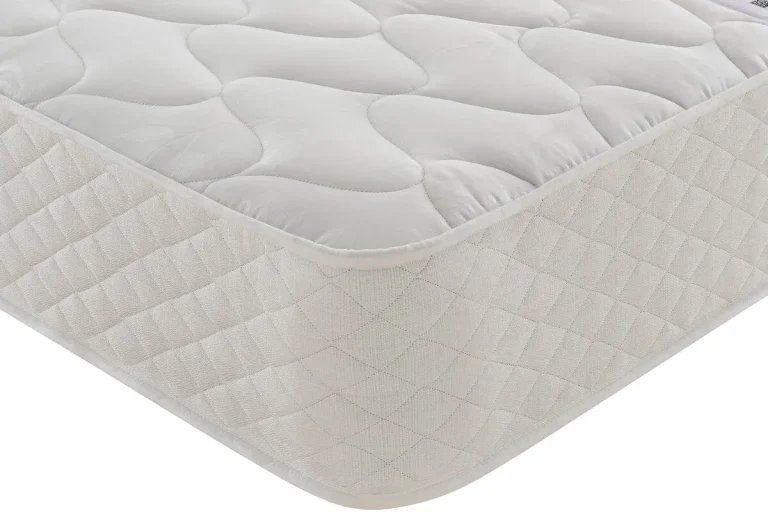Have you ever wondered what the optimal firmness is for stomach sleepers? If you’re someone who prefers to sleep on their stomach, you may have experienced the discomfort that comes with an unsuitable mattress firmness. In this article, we will explore the importance of finding the right firmness level for stomach sleepers, helping you achieve more comfortable and restful sleep. So, if you’re ready to improve your sleep quality, let’s dive into the world of mattress firmness and discover the key factors to consider.
Table of Contents
ToggleUnderstanding Stomach Sleeping
Stomach sleeping is a common sleep position where you rest on your stomach throughout the night. While it may be comfortable for some individuals, it is important to understand the advantages and disadvantages associated with this sleeping position.
Advantages of Stomach Sleeping
One of the main advantages of stomach sleeping is reduced snoring. Sleeping on your stomach can help keep your airway open and prevent snoring, which is beneficial not only for your sleep quality but also for your partner’s sleep. Additionally, stomach sleeping can alleviate symptoms of sleep apnea for some individuals.
Another advantage of stomach sleeping is that it can help with digestion. When you sleep on your stomach, gravity can aid in the movement of food through your digestive system, potentially reducing discomfort or bloating after a meal.
Disadvantages of Stomach Sleeping
Despite the potential benefits, stomach sleeping also has its drawbacks. One major disadvantage is the strain it can put on your neck and spine. The extended rotation of your neck while sleeping on your stomach can lead to neck pain and stiffness. Additionally, stomach sleeping can cause misalignment in your spine, which can lead to lower back pain over time.
Stomach sleeping may also contribute to the development of wrinkles and facial ageing. The constant pressure and rubbing of your face against the pillow can contribute to the formation of wrinkles and fine lines, especially around the eyes and mouth.
Factors to Consider for Optimal Firmness
When it comes to choosing the right mattress for stomach sleeping, there are several factors to consider. These factors include spinal alignment, pressure points, comfort, support, and breathing ease.
Spinal Alignment
Maintaining proper spinal alignment is crucial for stomach sleepers. A mattress that is too firm or too soft can cause your spine to curve unnaturally, leading to discomfort and potential long-term issues. Look for a mattress that offers adequate support to keep your spine in a neutral position.
Pressure Points
Stomach sleepers often experience pressure on their hips, elbows, and knees. This pressure can cause pain and discomfort, affecting your sleep quality. Opting for a mattress that offers sufficient cushioning and support in these areas can help alleviate pressure points and enhance your overall comfort.
Comfort
Comfort is subjective and varies from person to person. Some stomach sleepers prefer a firmer mattress, while others may find a softer mattress more comfortable. It’s important to choose a mattress that feels comfortable to you and promotes restful sleep.
Support
Support is essential for stomach sleepers to prevent excessive sinking into the mattress and keep the spine aligned. A mattress that offers medium to firm support can be ideal for stomach sleepers. This level of support helps distribute your body weight evenly, reducing the risk of discomfort or pain.
Breathing Ease
Stomach sleeping can sometimes make breathing more difficult, especially if your face is buried deeply into the pillow or mattress. To ensure easy breathing, opt for a mattress that provides sufficient airflow and ventilation. This can help prevent overheating and promote a restful night’s sleep.
Types of Mattresses
There are various types of mattresses available in the market, and each comes with its own set of advantages and considerations for stomach sleepers. Let’s explore some common types:
Innerspring Mattresses
Innerspring mattresses are made with a network of steel coils that provide support and bounce. These mattresses are known for their durability and breathability. However, stomach sleepers may find that innerspring mattresses lack adequate cushioning and support for pressure points.
Memory Foam Mattresses
Memory foam mattresses are designed to contour to your body shape, providing personalised support and pressure relief. They are often highly recommended for stomach sleepers due to their ability to conform to the body’s curves and provide support without excessive sinking. However, some memory foam mattresses may retain heat, so it’s important to choose one that has cooling properties.
Latex Mattresses
Latex mattresses are made from natural or synthetic latex foam. They offer excellent responsiveness, durability, and breathability. Stomach sleepers can benefit from latex mattresses, as they provide adequate support without excessive sinking. Additionally, latex mattresses are known for their hypoallergenic properties and resistance to dust mites.
Hybrid Mattresses
Hybrid mattresses combine the benefits of different mattress materials, such as memory foam and innerspring coils. They aim to provide the best of both worlds by offering the contouring and pressure relief of memory foam with the support and bounce of innerspring coils. Stomach sleepers can find hybrid mattresses that offer the right balance of support and cushioning.
Best Firmness Level for Stomach Sleepers
Choosing the right firmness level for your mattress as a stomach sleeper is crucial for a comfortable and restful sleep. Let’s explore the different firmness levels and their suitability for stomach sleepers.
Firmness Scale
The firmness scale ranges from 1 to 10, with 1 being the softest and 10 being the firmest. Stomach sleepers generally benefit from mattresses that fall within the medium-to-firm range.
Soft Firmness Level
Soft mattresses are generally not recommended for stomach sleepers. They tend to contour too much to your body, causing excessive sinking and potentially misaligning your spine. The lack of support may also lead to pressure points and discomfort.
Medium Firmness Level
Medium-firm mattresses are often the sweet spot for stomach sleepers. They provide a good balance of support and contouring, allowing for proper spinal alignment and reducing the risk of pressure points. This level of firmness is usually comfortable for a wide range of stomach sleepers.
Medium-Firm Firmness Level
A medium-firm mattress offers slightly more support compared to a medium-firm one. If you prefer a slightly firmer feel or have a higher body weight, a medium-firm mattress can provide the necessary support while still conforming to your body’s curves.
Firm Firmness Level
For stomach sleepers who prefer a firm mattress, opting for a firm firmness level is an option. However, it’s important to ensure that it is not too firm, as excessively firm mattresses can cause discomfort and contribute to spinal misalignment.
Tips for Stomach Sleepers
If you are a stomach sleeper, here are some helpful tips to maximise your comfort and reduce the potential drawbacks associated with this sleep position.
Use a Thin Pillow or No Pillow
Stomach sleepers should aim to use a thin pillow or no pillow at all. Placing a thick pillow under your head can strain your neck and exacerbate any existing pain or discomfort. Using a thin, supportive pillow, or even opting for no pillow, can help maintain a more neutral position for your neck and spine.
Utilise
a Supportive Mattress Topper
If your mattress is not providing adequate support or cushioning, consider adding a supportive mattress topper. A topper can help adjust the firmness of your mattress and provide the necessary support to alleviate pressure points and maintain proper spinal alignment.
Practice Proper Sleeping Posture
Even as a stomach sleeper, it’s important to pay attention to your sleeping posture. Try to keep your body as straight as possible, avoiding excessive twisting or arching of your back. Placing a pillow under your hips can also help with spinal alignment and reduce strain on your lower back.
Consider Alternating Sleep Positions
While it may be challenging to change your preferred sleep position, alternating between stomach sleeping and side or back sleeping can help reduce the strain on your body. Experiment with different positions and find what works best for you to promote optimal comfort and minimise any potential sleep-related issues.
Invest in a High-Quality Mattress
The quality of your mattress plays a crucial role in your comfort and sleep quality as a stomach sleeper. Investing in a high-quality mattress that offers the right firmness level, support, and comfort can ensure that you wake up feeling refreshed and well-rested. Take the time to research and try out different mattresses to find the perfect fit for your needs.
In conclusion, stomach sleeping can have both advantages and disadvantages. It’s important to understand these factors and choose the right mattress firmness level that aligns with your preferences and promotes optimal sleep quality. By considering factors such as spinal alignment, pressure points, comfort, support, and breathing ease, you can make an informed decision and enjoy a restful night’s sleep as a stomach sleeper. Remember to follow the tips for stomach sleepers to further enhance your comfort and well-being during sleep.


